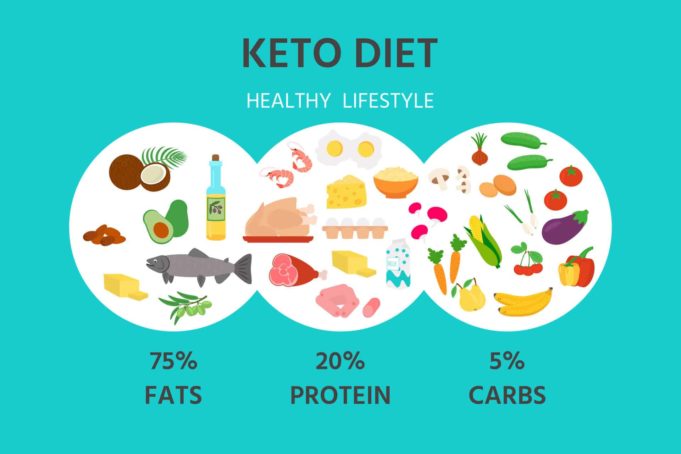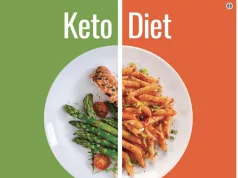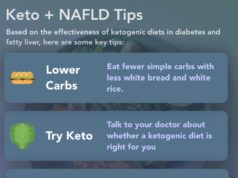The effect of a ketogenic diet on cholesterol levels can vary depending on the individual and other factors, such as the specific type of ketogenic diet followed, the diet duration, and the person’s overall health status.
Some studies have found that a ketogenic diet can increase LDL cholesterol (often called “bad” cholesterol) and total cholesterol. In contrast, others have found no significant changes or improved cholesterol levels.
However, it’s important to note that not all LDL cholesterol is created equal. LDL cholesterol comes in different sizes and particles; some types are more harmful than others. A ketogenic diet may increase the amount of small, dense LDL particles associated with an increased risk of heart disease.
On the other hand, a ketogenic diet may also increase HDL cholesterol levels (often referred to as “good” cholesterol), which can have a protective effect on heart health.
Overall, the effect of a ketogenic diet on cholesterol levels may depend on the individual and their specific health status. It’s essential to consult with a healthcare professional before starting any new diet to assess individual health risks and benefits.
READ ALSO:
What is Keto Diet?
The ketogenic diet, also known as the keto diet, is a high-fat, low-carbohydrate diet that has gained popularity recently for its potential health benefits. The diet is designed to put the body into a state of ketosis, a metabolic state in which the body burns fat for energy instead of carbohydrates.
In a typical keto diet, the macronutrient ratio is about 70-75% fat, 20-25% protein, and 5-10% carbohydrates. This means carbohydrate intake is limited to 20-50 grams daily, depending on the individual.
Foods allowed on the keto diet include high-fat meats, butter and cream, nuts and seeds, low-carbohydrate vegetables such as leafy greens and cauliflower, and healthy fats such as avocado and olive oil. Food restricted or avoided on the keto diet includes grains, sugar, starchy vegetables, and most fruits.
The idea behind the keto diet is that by limiting carbohydrate intake, the body is forced to use stored fat for energy, which can lead to weight loss and improved metabolic health. The diet has also been studied for its potential benefits in managing certain health conditions such as epilepsy, type 2 diabetes, and neurodegenerative diseases.
























